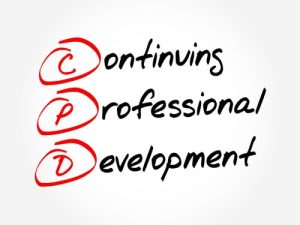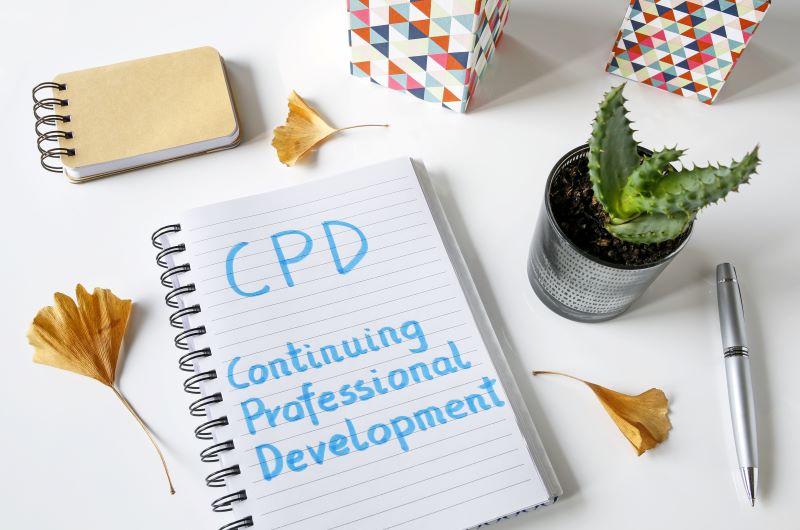Professional Development for Accountants: A Comprehensive Guide
Accounting is an ever-evolving field that demands continuous learning and adaptation. As regulations change, technologies advance, and business landscapes shift, accountants must stay updated to maintain their proficiency and relevance. Professional development for accountants is not just a necessity but a pathway to career growth, job satisfaction, and delivering quality service to clients.
Why Professional Development Matters for Accountants
Professional development goes beyond simply meeting the requirements for continuing education credits. It is about enhancing skills, acquiring new knowledge, and staying ahead of industry trends. Here’s why it’s crucial:
1. Keeping Up with Regulatory Changes
Regulations governing the accounting profession are continually evolving. From tax laws to financial reporting standards, accountants must stay informed to ensure compliance and avoid penalties. Professional development programs provide updates on these changes, helping accountants adapt and implement them effectively.
2. Embracing Technological Advancements
The accounting industry is undergoing a digital transformation, with technologies like artificial intelligence, cloud computing, and automation reshaping traditional practices. Accountants who invest in professional development can learn to leverage these technologies, streamline processes, and deliver more value-added services to clients.
3. Enhancing Professional Competence

Continuous learning expands an accountant’s knowledge base, improves problem-solving skills, and fosters critical thinking. These competencies are essential for addressing complex financial issues, providing strategic advice, and adding strategic value to businesses.
Key Components of Professional Development
Effective professional development for accountants encompasses various components that cater to both technical and soft skills development.
1. Technical Training
Technical training focuses on core accounting principles, practices, and tools. This includes courses on financial reporting, taxation, audit procedures, and accounting software. Accountants should seek out training programs that align with their areas of specialization and the industries they serve.
2. Soft Skills Development
Soft skills, such as communication, leadership, and problem-solving, are increasingly valued in the accounting profession. Professional development programs that offer workshops, seminars, or coaching sessions on these skills can help accountants build stronger client relationships, collaborate effectively with colleagues, and lead teams successfully.
3. Networking Opportunities
Networking is a vital aspect of professional development. Accountants can benefit from joining industry associations, attending conferences, and participating in webinars to connect with peers, exchange ideas, and stay updated on industry trends and best practices.
Strategies for Effective Professional Development
Implementing a structured approach to professional development can maximize its impact and ensure that accountants derive the most value from their efforts.
1. Set Clear Goals
Begin by identifying your career objectives and the skills you need to achieve them. Establish clear, measurable goals that align with your professional aspirations, such as obtaining a certification, mastering a new software tool, or developing leadership skills.
2. Create a Development Plan
Develop a personalized professional development plan outlining the steps you will take to reach your goals. This plan should include a mix of formal education, on-the-job training, and self-directed learning activities tailored to your needs and interests.
3. Seek Feedback and Mentorship
Feedback from colleagues, supervisors, or mentors can provide valuable insights into areas for improvement and opportunities for growth. Establishing mentorship relationships with experienced professionals can offer guidance, support, and encouragement as you navigate your career path.

Conclusion
Professional development is an ongoing journey that empowers accountants to adapt, grow, and thrive in a dynamic industry landscape. By embracing continuous learning, leveraging technological advancements, and honing both technical and soft skills, accountants can position themselves as trusted advisors and strategic partners to their clients and organizations. Investing in professional development is not just an investment in your career but a commitment to excellence, innovation, and continuous improvement in the field of accounting.


